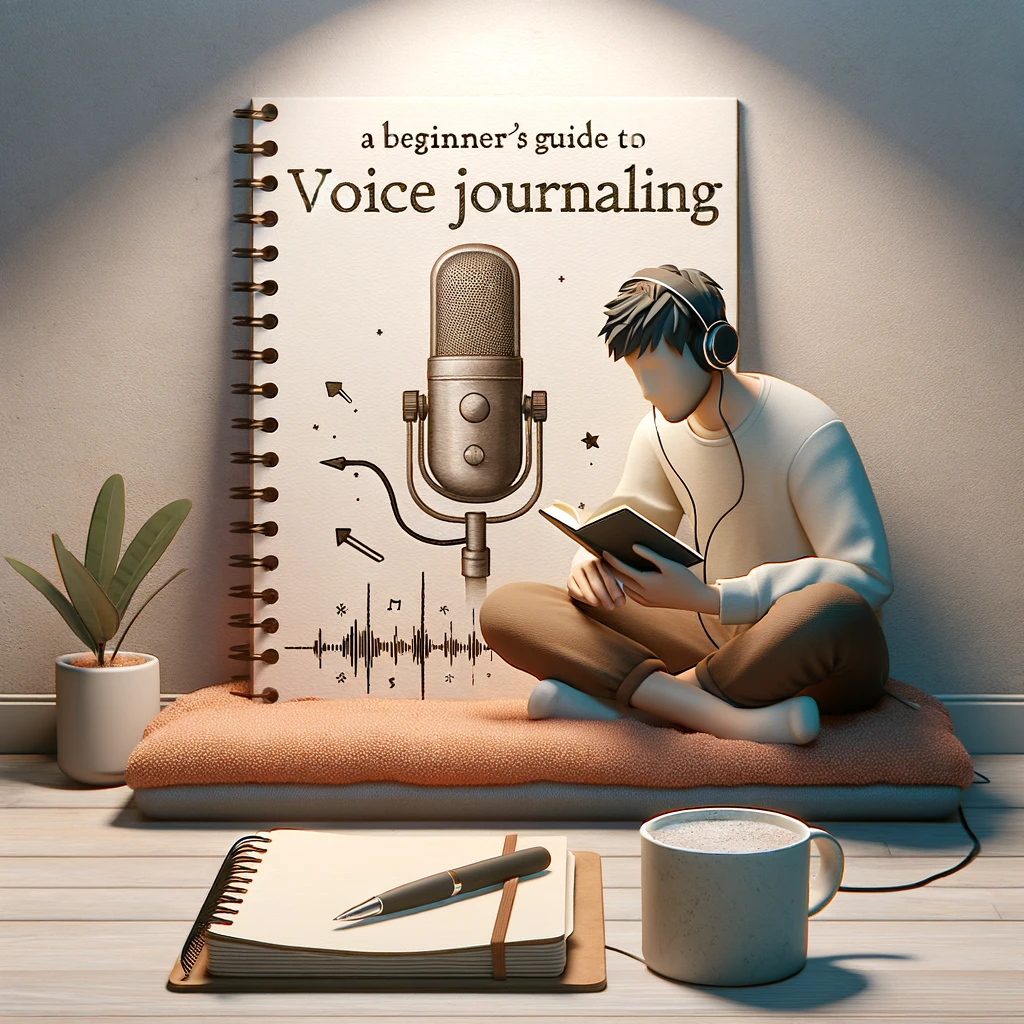Voice journaling, typically seen as a tool for self-reflection and personal organization, also holds immense potential in the realm of creative arts. From songwriting and storytelling to brainstorming for visual arts, voice journaling can unlock creativity. This article explores how individuals in various creative fields can utilize voice journaling to enhance their artistic process.
Voice Journaling in Songwriting:
For songwriters, voice journaling offers a spontaneous way to capture melodic ideas, lyrics, or rhythms as they come to mind. The immediacy of voice recording allows artists to preserve the raw emotion and authenticity of the moment, which can be pivotal in creating impactful music. Reviewing these voice entries later can provide a treasure trove of ideas for new songs.
Storytelling and Writing:
Writers and storytellers can use voice journaling to record story ideas, character sketches, or plot twists. Speaking ideas aloud often helps in structuring thoughts and can lead to unexpected narrative connections. Voice journaling also provides a break from the traditional act of writing, allowing stories to flow more naturally and intuitively.
Brainstorming for Visual Arts:
Artists in the visual arts field can benefit from voice journaling by using it to verbalize concepts, themes, or visual imagery. This practice can help in solidifying abstract ideas and serve as an auditory sketchbook. Listening back to these recordings can provide new perspectives and inspiration during the creative process.
Benefits Across Creative Fields:
- Immediate Capture of Ideas: Voice journaling allows for immediate recording of ideas before they are forgotten or diluted.
- Enhanced Creativity: Speaking ideas out loud can lead to more creative, free-flowing thought processes.
- Emotional Authenticity: Capturing the emotion in one’s voice can add depth and authenticity to creative work.
How to Get Started:
- Choose a voice journaling app or device that suits your needs.
- Create a habit of recording whenever inspiration strikes.
- Regularly revisit your recordings to further develop your ideas.
Conclusion:
Voice journaling is a versatile tool that transcends its traditional uses, offering remarkable benefits in the creative process across various fields. Whether it’s for songwriting, storytelling, or brainstorming in the arts, embracing voice journaling can lead to a richer, more authentic creative expression.



